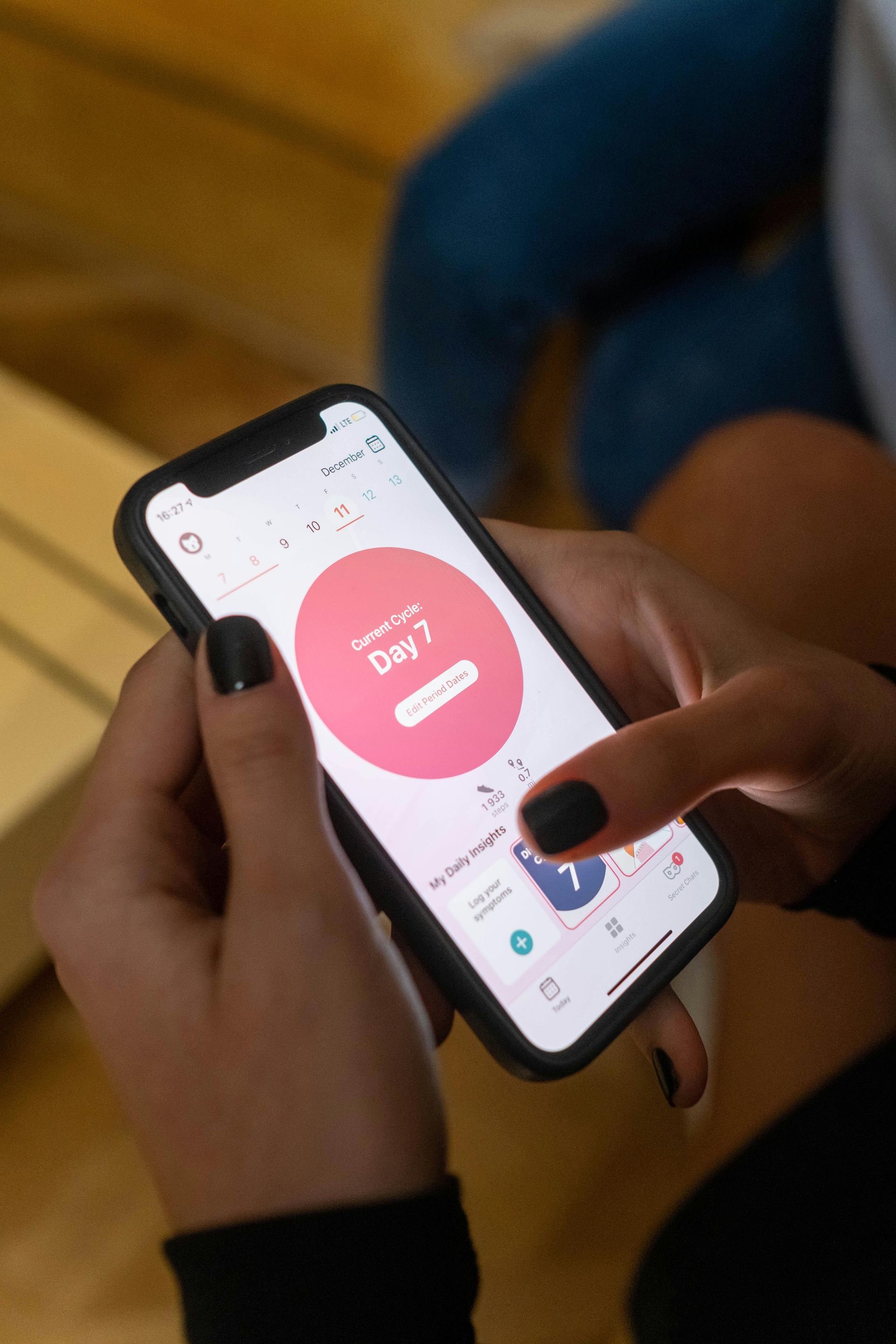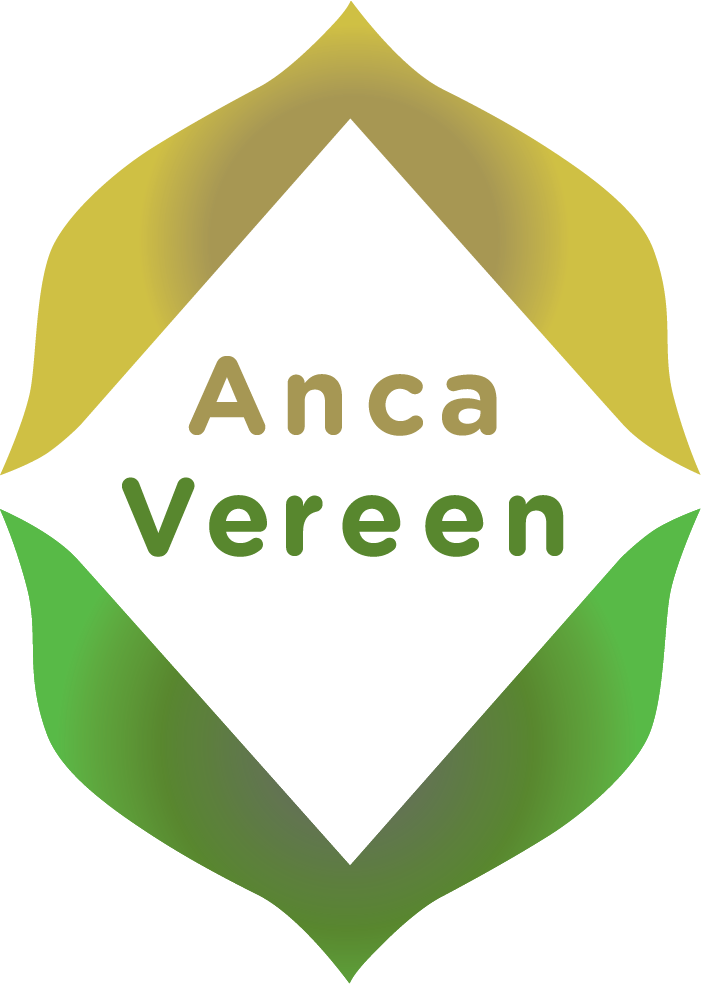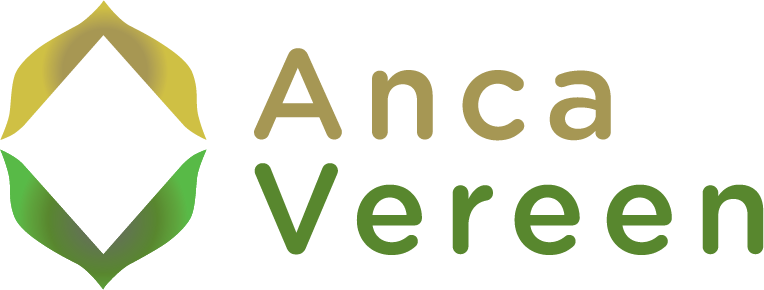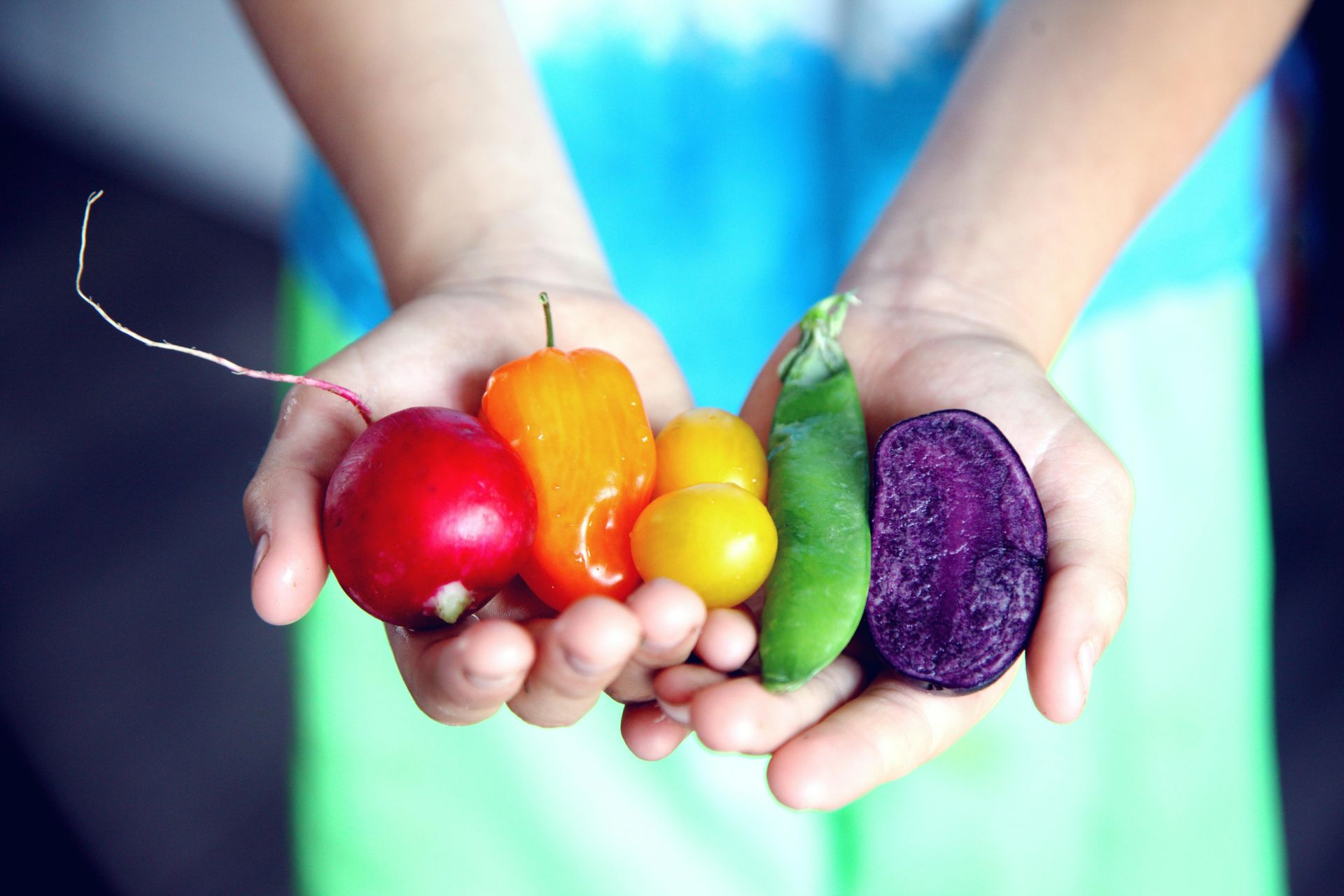A diet for improving endometriosis pain
The best foods to help with Endometriosis and associated pain
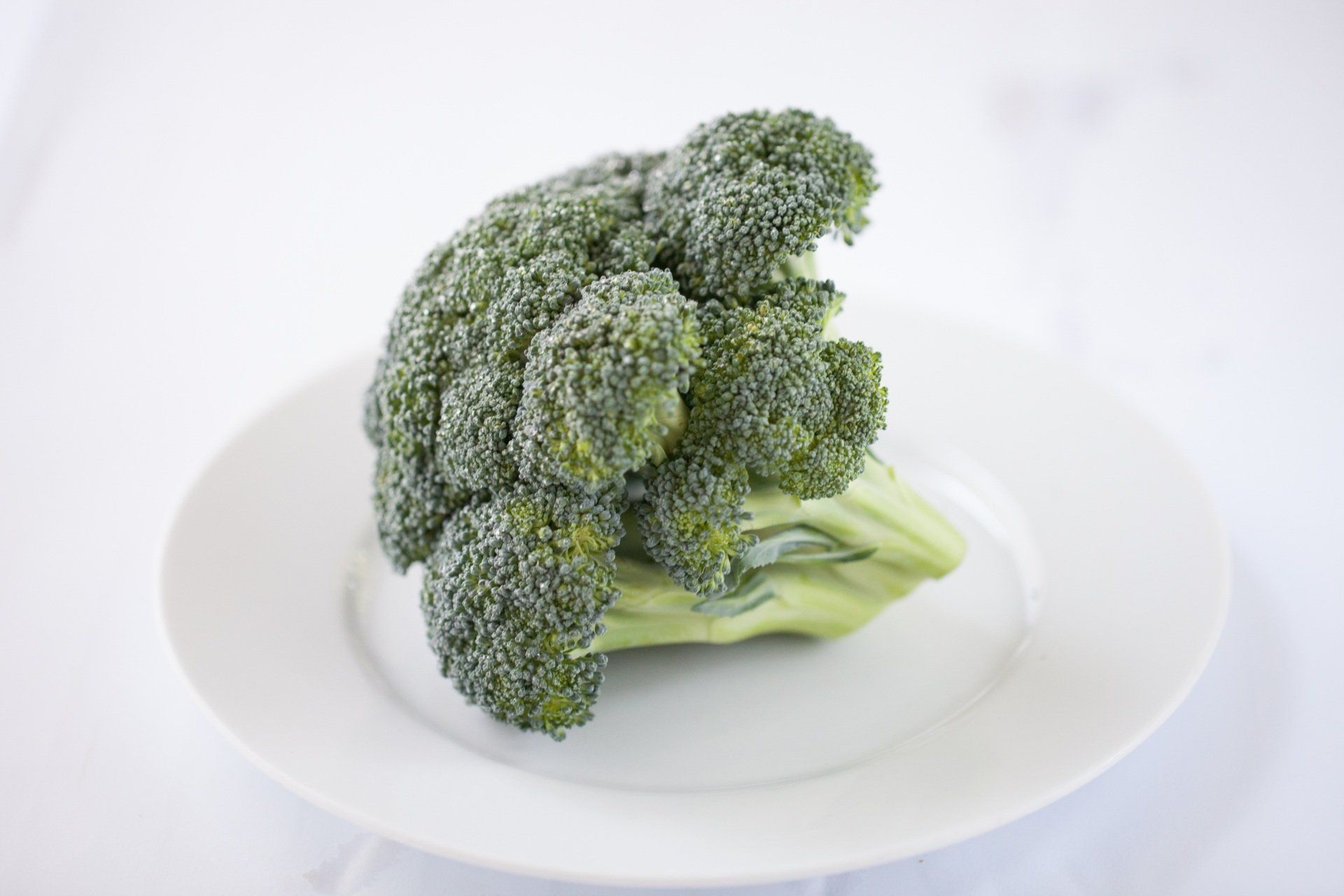
What is Endometriosis ?
Endometriosis is a common yet mysterious disease that has affected women for over 4000 years. It is a chronic inflammatory disease where the endometrial tissue, which is supposed to be located only in the uterus, is found outside of the uterus in the pelvis and, in some rare cases, in other body sites such as lungs.
Certain types of oestrogen, as well as excess oestrogen, can make these ectopic cells proliferate which become encapsulated by the immune system forming inflammatory cysts and lesions which cause abdominal pain, scar tissue and adhesions.
Symptoms and Complications of Endometriosis
During early stages of endometriosis, many women are asymptomatic. Once the disease has reached a more advanced stage, women can experience a range of the following endometriosis symptoms:
- Severe pelvic pain
- Clots during menstruation
- Heavy periods are not always characteristic. These could be related to adenomyosis or fibroids which can occur at the same time as endometriosis.
- Can affect the intestine and bladder resulting in IBS, IBD, intestinal cystitis
- Higher risk of ovarian cancer
- Higher risk of autoimmune disorders
- Higher risk of atopic disorders
- Higher risk of clinical depression
Endometriosis Treatment Requires a Lifestyle Solution
Certain genetics, your weight status, liver and gut health and the stress you experience can all impact disease formation and progression.
It is rarely just one element impacting your health,
stress being a major one. Stress can be experienced as mental and emotional, but also physical and chemical which is often ignored and not properly addressed.
When you are eating poorly,
dehydrated, using
excess stimulants, sedentary, have issues sleeping, are exposed to excess plastics, toxins and chemicals as well as radiation, it can stress the body significantly impacting hormonal and overall health.
Disease management is complex and requires a lifestyle solution.
Endometriosis management
is no different. While a diet is very important to help clear excess oestrogen and support adequate conversion in the protective form of oestrogen, for healing to occur you need a lifestyle solution addressing all factors impacting your health.
If you have Endometriosis you should consider the following lifestyle and dietary recommendations
Lifestyle recommendations to start improving symptoms and associated pain of endometriosis include:
- Stay well hydrated and drink to avoid thirst
- Start your morning with 2 cups of water with fresh lemon squeezed in
- Avoid alcohol, coffee and caffeine
- Have regular meals (every 3-5 hours) and don't skip breakfast
- Avoid eating after 6-7 pm to give yourself a fasting period overnight
- Avoid plastics and change to natural and organic personal care and household cleaning products
- Stay active and aim to exercise most days
- Ensure you get a minimum of 15000 steps per day
- Avoid sitting down for more than 30 minutes at a time
- Ensure regular sleep routines - go to bed and wake up at the same time and avoid blue light exposure 2 hours before bed
- Learn how to breathe properly
- If you are stressed mentally and emotionally learn how to deal with it
Dietary recommendations and foods to avoid to start improving symptoms and associated pain of endometriosis include:
- Move to organic products
- Avoid processed foods, sugar and even organic dairy as it contains excess hormones
- Avoid saturated fat such as coconut oil, fatty meats and dairy
- Avoid vegetable oils like canola and sunflower oil
- Increase intake of
- Cruciferous vegetables like broccoli, cauliflower, cabbage, radish, kale, Brussels sprouts, rocket, watercress
- Oranges, dark grapes, red apples, cherries, pomegranate - aim for minimum 3 fruits per day
- Celery, cucumber cos lettuce, onions, mushrooms, fennel
- Turmeric, chamomile, coriander, rosemary
- Legumes like chickpeas, black beans, lentils, tempeh
- Nuts and seeds like pumpkin seeds, sunflower seeds, sesame seeds, flaxseeds
- Have a big salad daily - why not start with my chickpea salad or rainbow chicken salad
- You can buy my Healthy Meal Plan & Recipe Ebook
Remember, the body can heal if you listen to it and give it what it needs. Signs and symptoms are direct feedback from your body telling you something is not working and indicating the need to change.
So be brave and deal with it so that you enjoy the rest of your life feeling pain free and emotionally stable.
Book in for a
dietitian consultation with me where we can optimise your lifestyle such that you can experience lasting health and vitality.
Anca Vereen is an Integrative dietitian, Nutritionist, Psychotherapist, Sound Therapist, Breathing Coach and Nutrigenomics specialist.
For more details on endometriosis please visit the
Cleveland Clinic.
